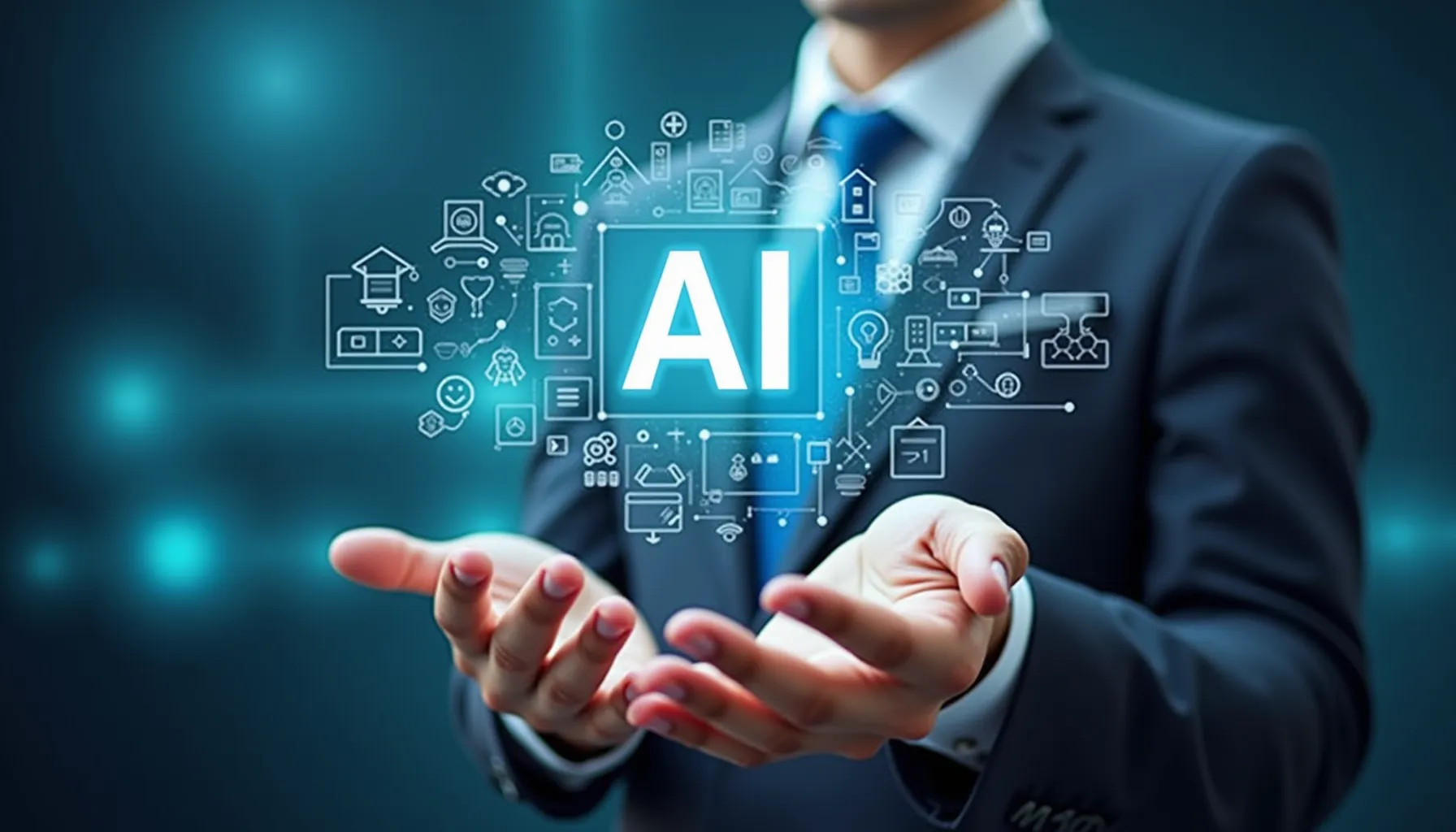Top AI Techniques Transforming Industries in 2024
-
Dec. 27, 2024
-
Rob Vega

Top AI techniques are reshaping industries and transforming the way we live and work.
From healthcare to finance, manufacturing to entertainment, artificial intelligence is making its mark across sectors, driving innovation and efficiency.
As businesses and individuals scramble to keep pace with these rapid advancements, understanding the key AI technologies becomes crucial.
This article dives into the 10 most impactful AI techniques of 2024, exploring their applications, benefits, and potential challenges.
Whether you're a tech enthusiast, business leader, or simply curious about the future of AI, this guide will provide valuable insights into the technologies shaping our world.
Let's explore these groundbreaking AI techniques and discover how they're revolutionizing various fields, from data analysis to creative content generation.

1. Machine Learning (ML)
Machine Learning is the cornerstone of modern AI techniques.
It enables computers to learn from data and improve their performance over time without explicit programming.
Types of Machine Learning
- Supervised Learning: Algorithms learn from labeled data to make predictions or decisions.
- Unsupervised Learning: Algorithms find patterns in unlabeled data.
- Semi-supervised Learning: A combination of supervised and unsupervised learning.
ML powers recommendation systems, fraud detection, and predictive maintenance across industries.
2. Deep Learning
Deep Learning takes Machine Learning to the next level by using neural networks with multiple layers.
These networks mimic the human brain's structure and can process vast amounts of unstructured data.
Deep Learning excels in tasks like image and speech recognition, powering technologies like facial recognition and voice assistants.
3. Natural Language Processing (NLP)
NLP focuses on the interaction between computers and human language.
It enables machines to understand, interpret, and generate human language in a valuable way.
Key NLP Applications
- Sentiment analysis for social media monitoring
- Machine translation for breaking language barriers
- Text summarization for quick information extraction
NLP is revolutionizing customer service through chatbots and virtual assistants.
4. Computer Vision
Computer Vision allows machines to gain high-level understanding from digital images or videos.
This technology is crucial for autonomous vehicles, medical imaging, and facial recognition systems.
Recent advancements have made Computer Vision more accurate and efficient, opening up new possibilities in various fields.
5. Reinforcement Learning
Reinforcement Learning is about teaching AI agents to make decisions by rewarding desired behaviors.
This technique has shown remarkable results in complex problem-solving and game-playing scenarios.
Applications range from robotics to optimizing energy consumption in data centers.
6. Generative AI
Generative AI focuses on creating new content, from text to images and even music.
Tools like GPT-4 and DALL-E have showcased the potential of this technology in creative fields.
While exciting, Generative AI also raises important questions about authorship and authenticity.
7. Explainable AI (XAI)
As AI systems become more complex, the need for transparency in their decision-making processes grows.
XAI aims to make AI models more interpretable and understandable to humans.
This is particularly crucial in regulated industries like healthcare and finance, where decisions need to be justified.
8. Edge AI
Edge AI brings artificial intelligence capabilities directly to edge devices, like smartphones or IoT sensors.
This approach reduces latency, enhances privacy, and improves efficiency in AI applications.
Edge AI is driving innovations in smart homes, wearable devices, and industrial IoT.
9. Federated Learning
Federated Learning allows for collaborative model training while keeping data decentralized.
This technique addresses privacy concerns by enabling learning from diverse data sources without sharing raw data.
It's particularly valuable in scenarios where data privacy is paramount, such as in healthcare or finance.
10. Quantum AI
Quantum AI combines quantum computing with artificial intelligence, promising to solve complex problems exponentially faster.
While still in its early stages, Quantum AI has the potential to revolutionize fields like drug discovery and financial modeling.
Researchers are actively exploring how quantum principles can enhance AI algorithms and vice versa.
Embracing the AI Revolution: Your Next Steps
The landscape of top AI techniques is rapidly evolving, reshaping industries and opening new possibilities.
From Machine Learning to Quantum AI, these technologies are not just buzzwords but powerful tools driving innovation across sectors.
As we've explored, each technique offers unique capabilities, from enhancing decision-making to creating new forms of content.
The key takeaway? AI is no longer the future - it's very much our present, and its impact is only set to grow.
Whether you're a business leader, tech enthusiast, or simply curious about AI, now is the time to dive deeper into these technologies.
Start by identifying which AI techniques align with your goals or interests.
Consider how you might apply these in your work or daily life.
Remember, staying informed about AI advancements is crucial in our rapidly changing world.
Share this article with colleagues or friends to spark discussions about the potential of AI in your field.
The AI revolution is here - are you ready to be part of it?


